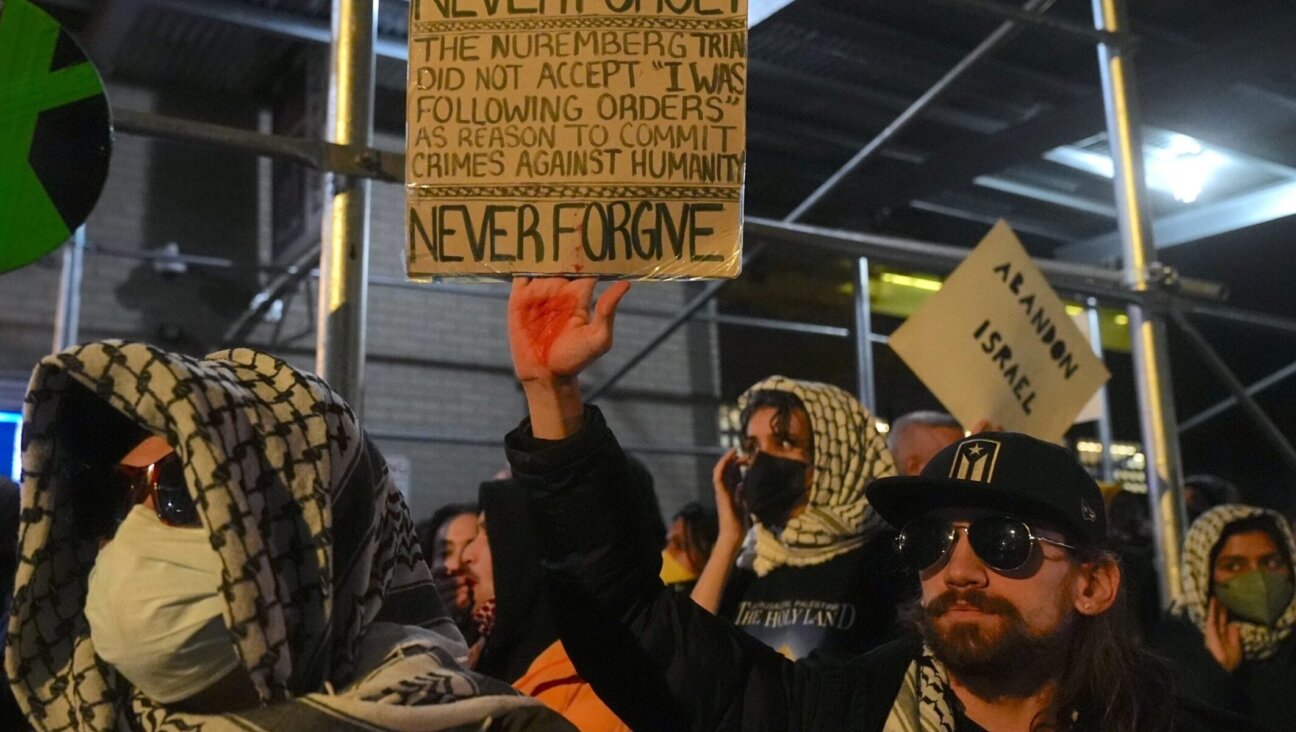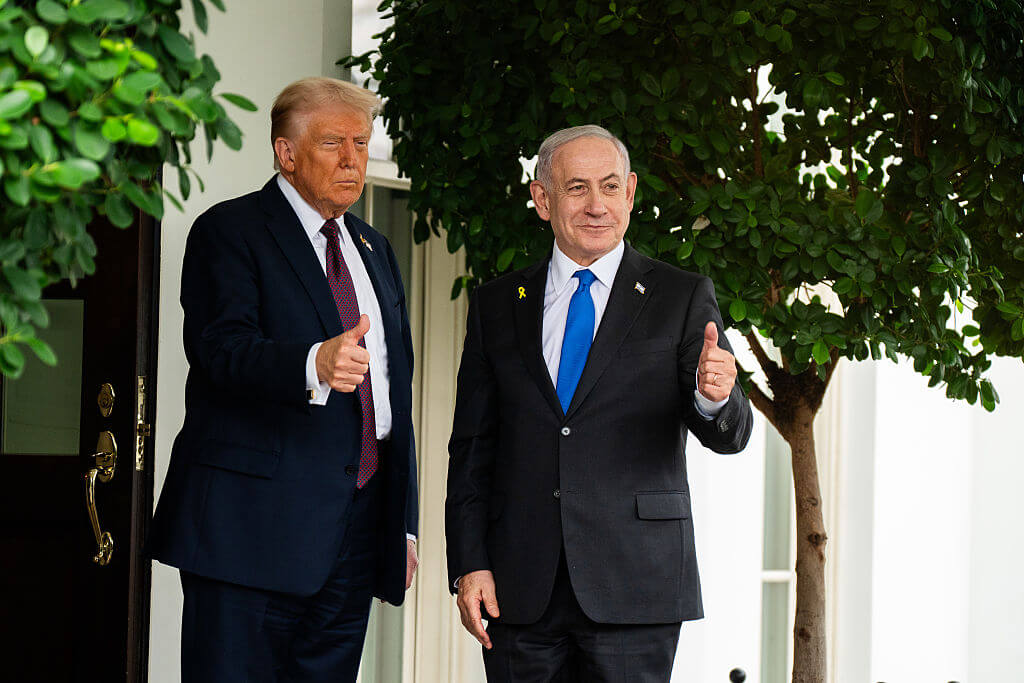Arab Boycott Follows Writers to Paris
Count on Middle Eastern politics to turn what is billed as a French fair into a political slugfest.
The Paris book fair, one of the major events on the European literary calendar, opened March 14, with Israel as the “guest of honor.” The focus led a number of Arab states to boycott the festival.
“Iran was a regular participant of the Paris book fair each year,” Ali Alipour, Iran’s deputy minister of culture and Islamic guidance, told the Islamic Republic News Agency. “But this time it has refused to take part in the event, protesting at the presence of the Zionist regime.”
Saudi Arabia, Oman, Qatar and Lebanon were among the states that called for a boycott of the prestigious Paris fair, as well as a boycott of a smaller fair to be held in Turin in May. Representatives from the states complained about the coincidence of the events with the 60th anniversary of Israel’s founding.
The French festival, which is overseen by the French government and the national association of publishers, has become a celebration of Israel, with the Star of David hanging on the Champs-Elysées and a state visit by Israeli President Shimon Peres. But the festival organizers distanced themselves from any political significance in the timing of the event. Serge Eyrolles, the event’s organizer, said that Israel had been on a waiting list for five years.
“My job is to bring literature to readers, not take sides in international politics,” Eyrolles said. “I’m very surprised by how political this is getting. It was not at all our goal, which was to invite Israeli literature, not the State of Israel.”
The event has given a number of leading French publications an opportunity to cover Israel beyond the politics. A leading newsweekly, Le Point, had an Israeli actress on its cover. It also contained features on Israeli authors and culture — along with coverage of the current fighting in Gaza.
In addition to Arab governments, the 50-nation Islamic Educational, Scientific and Cultural Organization urged its members to boycott the event because of the “crimes against humanity” perpetrated by Israel in the Palestinian territories. Similar calls have come from writers’ associations in Arab countries and from such leading Muslim intellectuals as Tariq Ramadan, a controversial thinker teaching at Oxford University.
The calls for a boycott have put many Arab writers in a difficult position, given France’s large market for Arabic literature. Some Arab writers, publishers and booksellers will attend on an individual basis. While a few of them have denounced the boycott movement, the majority have not. Egypt’s Alaa el-Aswani said he intended to show pictures of young Palestinian and Lebanese victims. Still, the national publishing representatives from francophone Morocco, Tunisia, Algeria and Lebanon canceled their stands despite the importance of the fair for their native writers.
The festival, which is expected to draw some 200,000 visitors, features 39 Hebrew-language Israeli writers in an Israeli pavilion. Part of the controversy has been a result of the festival’s decision not to include Arabic-language Israeli writers in the celebration.
The dispute in France comes a few months after a similar battle in Turin, over the book festival there. Turin also made Israel the focus by unequivocally tying the event to the 60th anniversary. Arab states and Iran have announced that they would skip the fair.
Three dozen Italian intellectuals and artists sent a letter to Italian President Giorgio Napolitano, urging him to preside over the May 8 opening of the Turin fair and to speak out “against any discrimination and blind intolerance towards the citizens and culture of Israel.”
French intellectuals have remained mostly silent over the controversy in Paris. In Israel, only a few left-leaning intellectuals endorsed the boycott. Historian Ilan Pappé did so because he questioned the linkage of the fair with the 60th anniversary.
Benny Ziffer, editor of Ha’aretz’s literary supplement, protested the Israeli government’s use of the event for propaganda purposes.
The other guests, who include such prominent doves as David Grossman, Amos Oz, A.B. Yehoshua and Aharon Appelfeld, have, for the most part, lamented the decision to mix politics and the arts.
“Those who call for a boycott are not opposed to Israel’s policies but to its existence,” Oz told Agence France-Presse. “If they say Israel shouldn’t be at the book fair, it is simply because it should not be.”
The only invited Israeli who refused to attend both the Paris and Turin fairs is the poet Aaron Shabtai.















